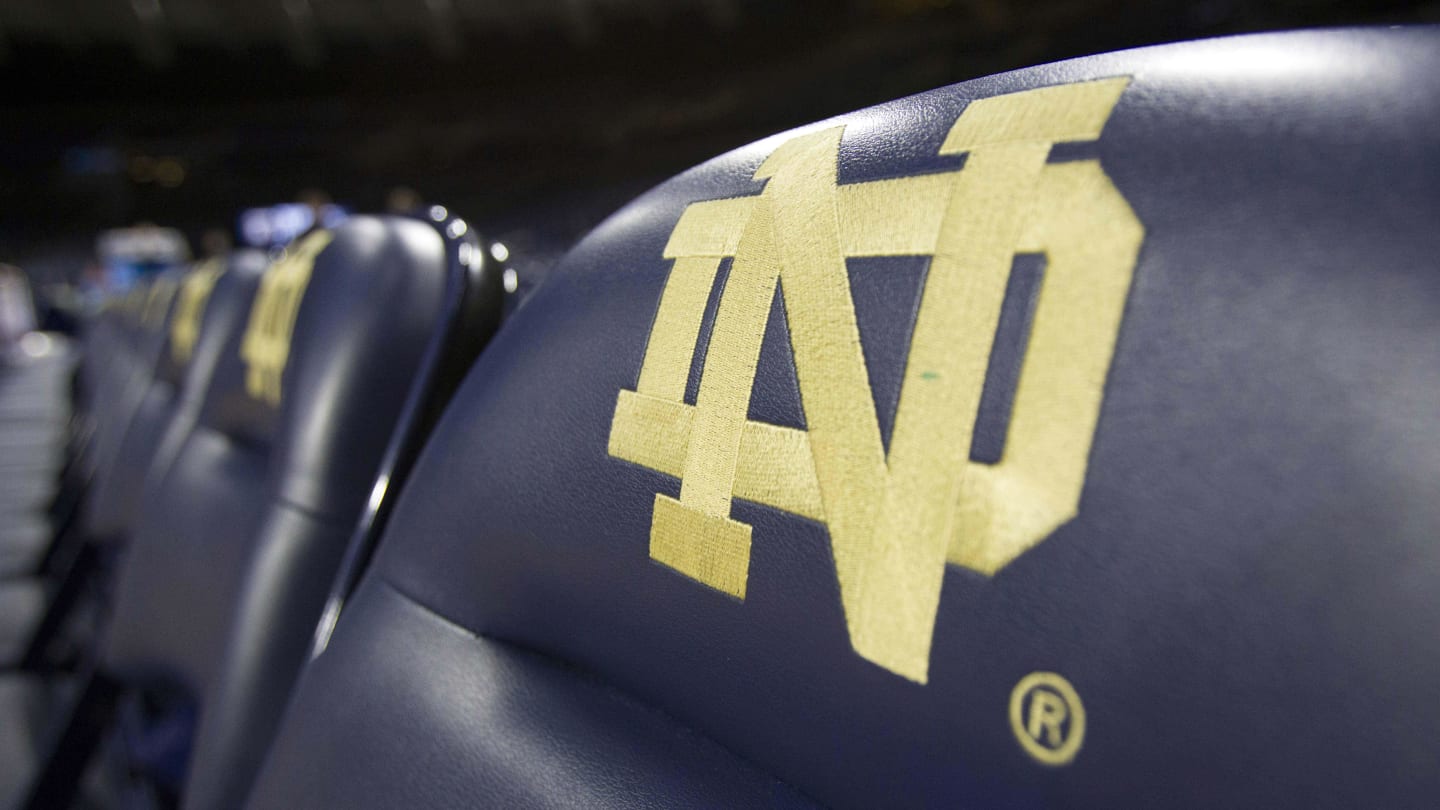Gambling
Sources: Notre Dame Suspends Men’s Swimming Program One Year Due to Gambling Investigation

Notre Dame is suspending its men’s swimming program for a minimum of one academic year after internal and external investigations revealed a widespread gambling issue that violated NCAA rules, and what athletic director Pete Bevacqua termed in a statement, “a deeply embedded team culture dismissive of Notre Dame’s standards for student-athletes.”
The team was informed of the stunning suspension Thursday afternoon, sources tell Sports Illustrated. The timing will enable athletes wishing to transfer—including incoming freshmen—to do so before classes begin at the school Aug. 27. The women’s team and both diving teams are unaffected by the disciplinary action. Head coach Chris Lindauer and his staff were not disciplined, after reviews found that “the staff was not aware of gambling or the scope and extent of other troubling behaviors because team members effectively concealed such behaviors from the coaches and staff through concerted efforts.”
The Notre Dame men’s team effectively created its own sports book for the purpose of wagering on their swimming performances, sources say. A majority of the returning 2024–25 team is believed to have placed bets. “Over/under” lines were established for a swimmer’s times in certain races, with wagers being placed on the outcomes. There are no known gambling companies that take wagers or produce betting lines on college swimming.
In the face of widespread campus gambling issues, the NCAA has modified some of its penalties. But the sanctions are most severe for athletes who gamble on their own sport and own team. According to updated NCAA legislation from June 2023, “student-athletes who engage in activities to influence the outcomes of their own games or knowingly provide information to individuals involved in sports betting activities will potentially face permanent loss of collegiate eligibility in all sports. This would also apply to student-athletes who wager on their own games or on other sports at their own schools.”
Eligibility issues for the Notre Dame swimmers who placed those kinds of wagers would follow them to other schools, should they decide to transfer. Some Fighting Irish swimmers also placed wagers on other sports and involving other schools, sources said, such as the NCAA basketball tournaments. Those wagers would produce lesser sanctions than the internal team gambling.
The current NCAA guidelines in that area are as follows:
Wagers of $200 or less: Sports wagering rules and prevention education.
Wagers from $201-$500: Loss of 10% of a season of eligibility, plus rules and prevention education.
Wagers from $501-$800: Loss of 20% of a season of eligibility, plus rules and prevention education.
Wagers greater than $800: Loss of 30% of a season of eligibility, plus rules and prevention education.
For cumulative wagering activities that greatly exceed $800, NCAA reinstatement staff are directed to consider whether additional loss of eligibility, including permanent ineligibility, are appropriate.
The culture issues cited in the reviews stem from a group text chat among the men’s team members, sources say. The contents of the chat did not meet Notre Dame’s “expectation that they treat one another with dignity and respect,” Bevacqua said. There was no evidence of any physical abuse within the team, sources say.
In addition to the athletic department suspension of the program, individual swimmers may be subject to additional sanctions from Notre Dame’s office of student affairs.
At the end of the 2023–24 academic year, concerns about the program came to light and Notre Dame initiated its own review. After gathering enough information to sound alarms, the school announced in late June that it contracted with the law firm Ropes & Gray for an external review. The final findings of that review were delivered to the school this week.
“The external review confirmed and expanded on our initial concerns,” Bevacqua said. “These findings are contrary to the University’s values and all that we stand for in Notre Dame athletics. In order to ensure that this behavior ends and to rebuild a culture of dignity, respect, and exemplary conduct, we have decided to suspend the men’s swimming program for at least one academic year. While individual conduct varied, the overwhelming cultural dynamic on the team necessitates a full suspension.”
The one-year suspension is a potentially devastating development for a program that had reached new heights under Lindauer, who is entering his third season on the job. Notre Dame had its first top-10 finish at the NCAA championships in program history in March, then sent its first male swimmer to the Olympics representing the United States in freestyler Chris Guiliano.
Guiliano qualified for the U.S. team in the 50-, 100- and 200-meter freestyles and won a gold medal as part of the 400 freestyle relay team. Guiliano is not believed to be one of the swimmers who wagered on his own team.
Despite the program’s upward trajectory, it has been dogged by tumult over the previous decade since longtime coach Tim Welsh retired. Brian Barnes unexpectedly resigned as Notre Dame’s women’s coach in September 2014; men’s head coach Matt Tallman took an indefinite leave of absence during the season in December ’15 and did not return; and in October ’21, Mike Litzinger, the coach of both the men’s and women’s programs at the time, resigned on the eve of the season after a Title IX lawsuit accusing him of gender discrimination against a female assistant coach was settled.
Lindauer, a former assistant at successful Atlantic Coast Conference rival Louisville, was the choice to come in and calm the waters of a turbulent program. But the in-pool success under Lindauer has been undermined by this scandal.
“As stated at the launch of the review, we take seriously our obligation to foster a community of student-athletes who not only compete and perform at the highest level academically and athletically, but whose conduct reflects the University’s values,” Bevacqua said. “We hope this decision sends a clear and unequivocal message reaffirming that commitment and expectation.”









